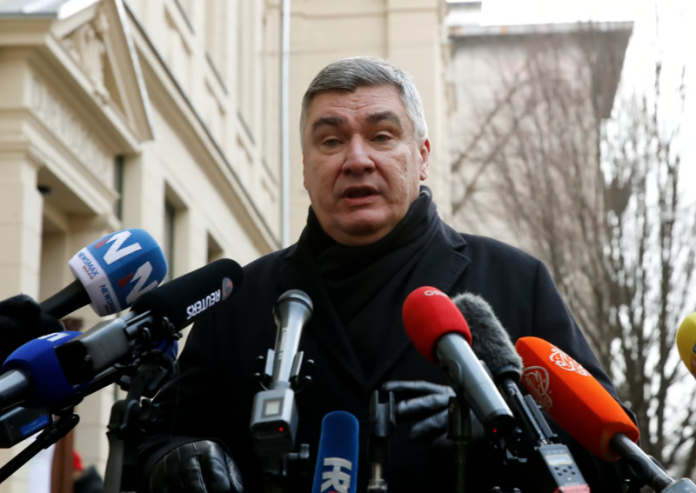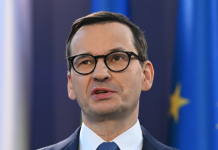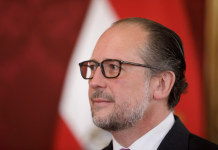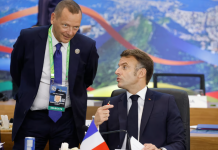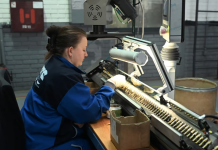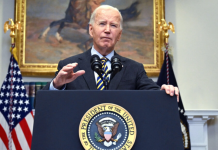Croatian President Zoran Milanović celebrated a commanding victory in the runoff round of his country’s presidential election Sunday. “[It] is over, look at the scoreboard!” he told supporters at his election headquarters in the capital Zagreb.
With over 99 percent of voting stations reporting, Milanović was on track to defeat his opponent, Dragan Primorac, the candidate of Prime Minister Andrej Plenković’s HDZ party, by a margin of 74.7 percent to 25.3 percent. Milanović has long been the favorite to win the vote, coming just shy of an outright majority (on 49.1 percent) in the Dec. 29 first round.
In his victory speech, Milanović promised to uphold the constitution, but warned that “those who want to accumulate everything for themselves” had been sent a message by voters. He vowed to continue to exercise the military and foreign policy powers the presidency is afforded, acknowledging “that requires cooperation.”
Milanović remains Croatia’s most popular politician, his history of pro-Moscow and anti-Western statements contrasting with his having overseen the nation’s 2013 accession to the European Union as its then-prime minister. He previously won the presidency in 2020 with the support of Croatia’s main opposition Social Democratic Party (SDP).
“This is the beginning of the end for [PM] Andrej Plenković,” said SDP leader Sinisa Hajdaš Dončić, speaking from Milanović’s election headquarters Sunday night.
Plenković’s center-right HDZ party was weakened by a November corruption case implicating a former health minister, Vili Beros. The dispute brought Plenković’s government into conflict with the European Public Prosecutor’s Office, which accused Zagreb of preventing it from investigating systemic graft in the country.
“Primorac was a bad candidate,” said Dragan Bagić, a sociology professor at the University of Zagreb, commenting for the Večernji list Croatian daily. “This is a defeat of the myth that HDZ has a terribly large loyal base.”
Croatia, which has been dominated by Plenković’s HDZ since 1991, had the third-highest inflation rate in the eurozone in November and is battling a dire shortage of labor.

